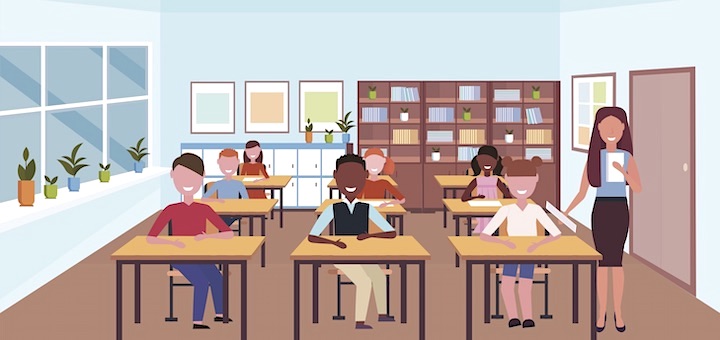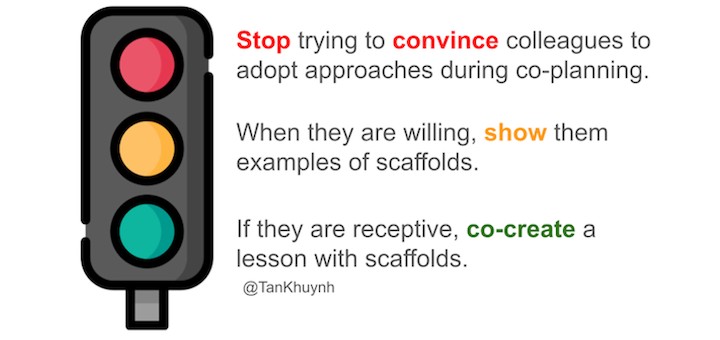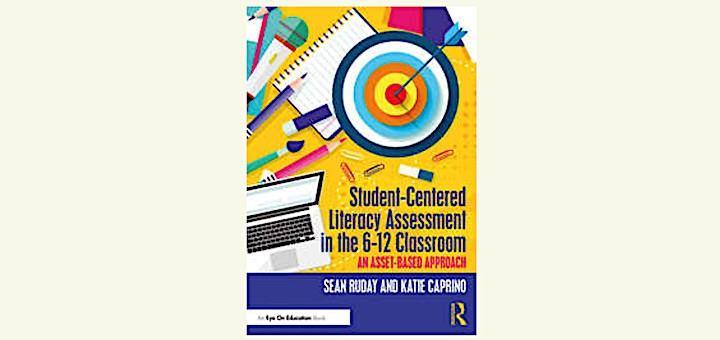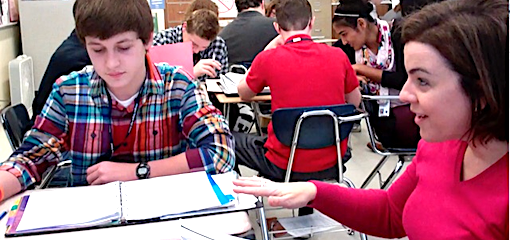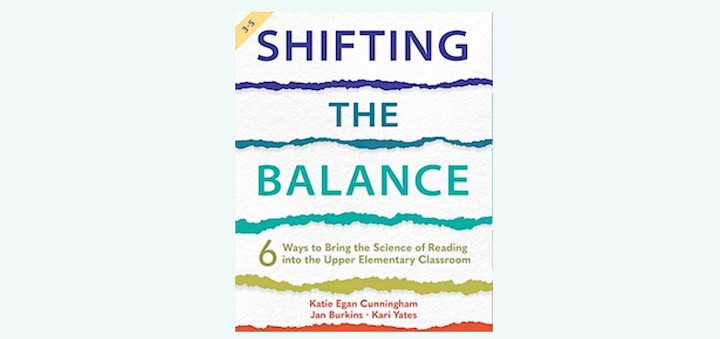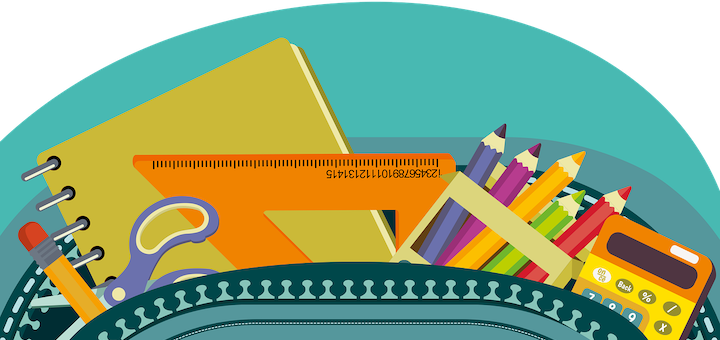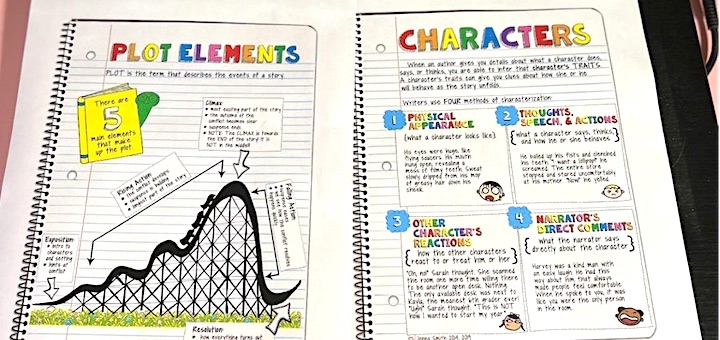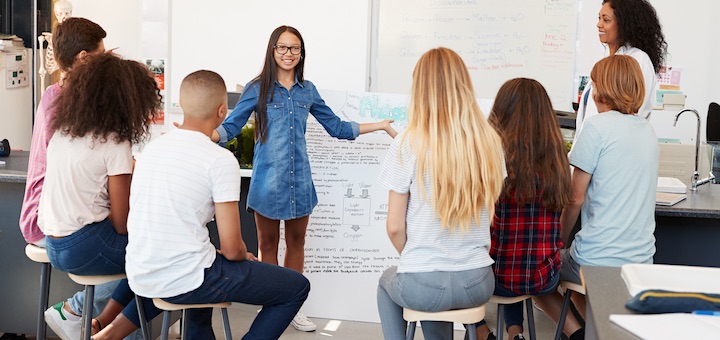Teaching and learning in grades 4-8
This January, don’t hastily jump on the bandwagon with the latest decorating fad. Design a place where students want to learn and grow. Your classroom environment may be one of the most powerful tools in your teaching toolbox, writes teacher and former marketer Kelly Owens.
The question Tan Huynh hears most often from English language development (ELD) colleagues is “What can we do when our co-teacher is resistant to collaborating?” After many years of failing with persuasion, Tan has developed a “Traffic Light” approach that works much better.
Sean Ruday and Katie Caprino show that by centering students in assessment, literacy instruction can be tailored to meet their needs and asssure their learning is more authentic and relevant. Theresa Wood says the book is a blueprint to “put the verb back into ‘teacher’.”
Markham Woods Middle School in Lake Mary, FL was searching for a careers-oriented STEM program that would appeal to the “multitude of talents” among its students and help improve the climate of a divided school. Biomechatronics has achieved both objectives, says AP Eric Basilo.
Using an innovative idea from her district’s teacher-sharing day, Katie Durkin and her 7th grade ELA and Social Studies teams implemented a “motifs and lenses” strategy to strengthen students’ close reading of fiction and academic texts. She details their successful steps.
In a time of unprecedented teacher criticism, burnout, and flight, National Board Certification offers an opportunity for teachers to feel empowered and inspired, writes NBCT Marilyn Pryle. Best of all, the challenging, self-directed process helps good teachers become even better.
In Shifting the Balance (3-5), Cunningham, Burkins and Yates address common misunderstandings that weaken reading instruction in the intermediate grades. Fifth grade teacher Kathie Palmieri found herself impressed by and deeply immersed in the recommended shifts.
With so many daily classes, the working memories of adolescents get overloaded. Their evolving brains have not yet developed fluent coping strategies. To teach students to handle all the inflow, two experts share UDL strategies that build executive function and self-regulation.
Interactive student notebooks are a great way to reduce the amount of time your students spend on screens, writes middle school ELA teacher Jenna Smith. Her step-by-step example of a week-long literature study – plus how-to tips and lessons learned – make it easy to get started.
In classrooms filled with conversations, oral instructions, and academic vocabulary, poor listening skills can drastically limit learning. Curtis Chandler shares seven simple activities educators can use to help students become active listeners who know more and retain more.

